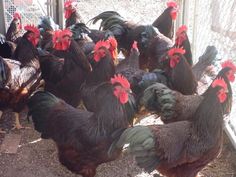Local chicken farming, also known as backyard chicken farming or free-range poultry farming, is a rewarding venture that offers fresh eggs, meat, and an opportunity to generate income. For beginners, the process can seem overwhelming, but with the right knowledge and preparation, you can successfully raise healthy chickens. Here’s a comprehensive guide to get you started.
1. Understanding Local Chicken Breeds
Local or indigenous chickens are hardy and well-adapted to the local environment. They are generally resistant to common diseases and can thrive on a simple diet. Some popular breeds for beginners include:
- Rhode Island Red: Known for their excellent egg production.
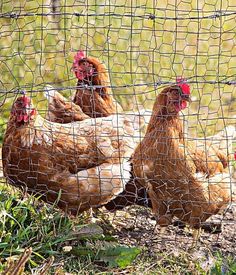
- Sussex: Dual-purpose breed, good for both meat and eggs.
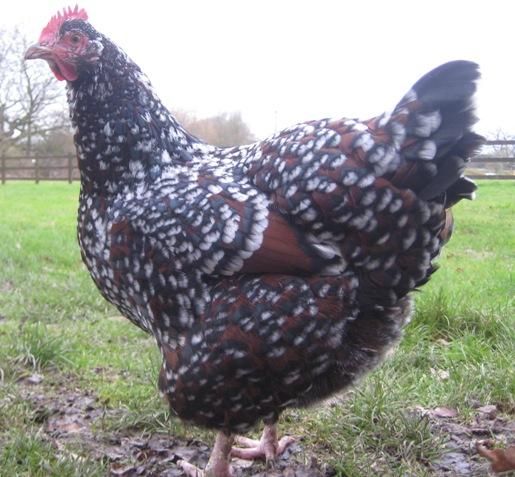
- Leghorn: Highly productive layers, though they are more flighty.
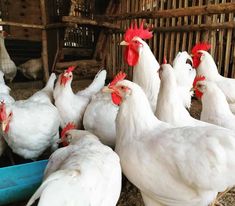
2. Preparing the Chicken Coop
A well-designed coop is essential for the health and productivity of your chickens. Key considerations include:
- Space: Allocate at least 2-3 square feet per chicken inside the coop and 8-10 square feet in the run.
- Ventilation: Ensure good airflow to prevent respiratory issues.

- Protection: Secure the coop against predators such as dogs, foxes, and snakes.
- Nesting Boxes: Provide one nesting box for every 3-4 hens for egg laying.
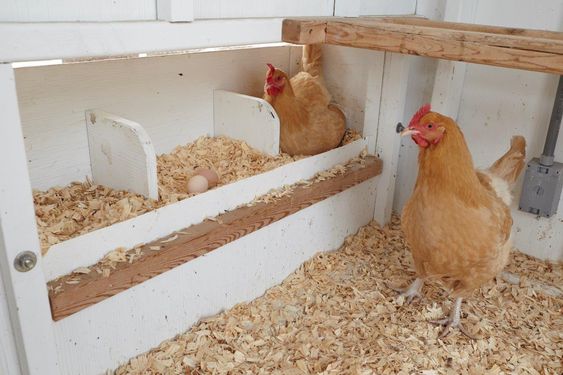
3. Feeding Your Chickens
Proper nutrition is vital for the growth and productivity of your flock. A balanced diet should include:
- Starter Feed: For chicks up to 6 weeks old, high in protein (20-24%).
- Grower Feed: For pullets (6-20 weeks old), with a protein content of 16-18%.
- Layer Feed: For hens older than 20 weeks, containing 16-18% protein and added calcium for eggshell strength.
- Supplemental Treats: Vegetables, grains, and kitchen scraps can be given in moderation.
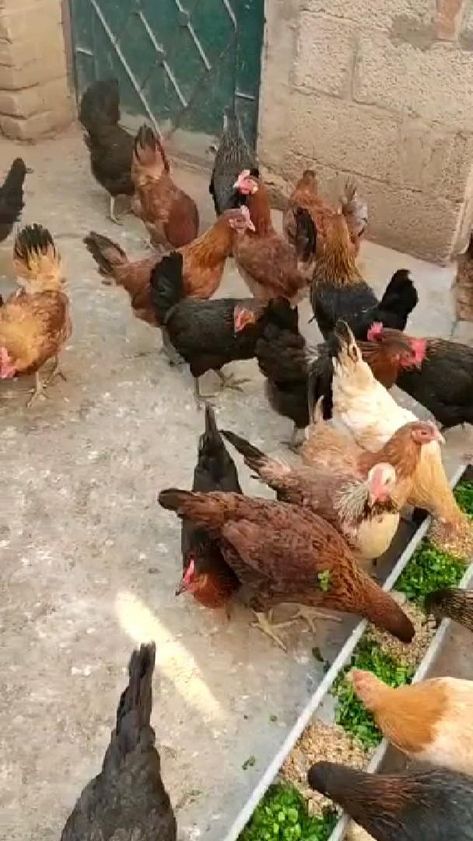
Ensure fresh water is always available.
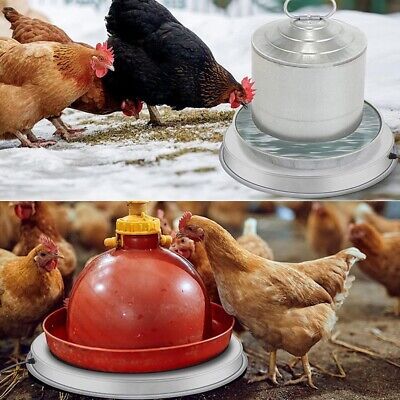
4. Health and Biosecurity
Maintaining the health of your chickens involves regular monitoring and preventive measures:
- Vaccinations: Protect against common diseases like Newcastle disease and Marek’s disease.
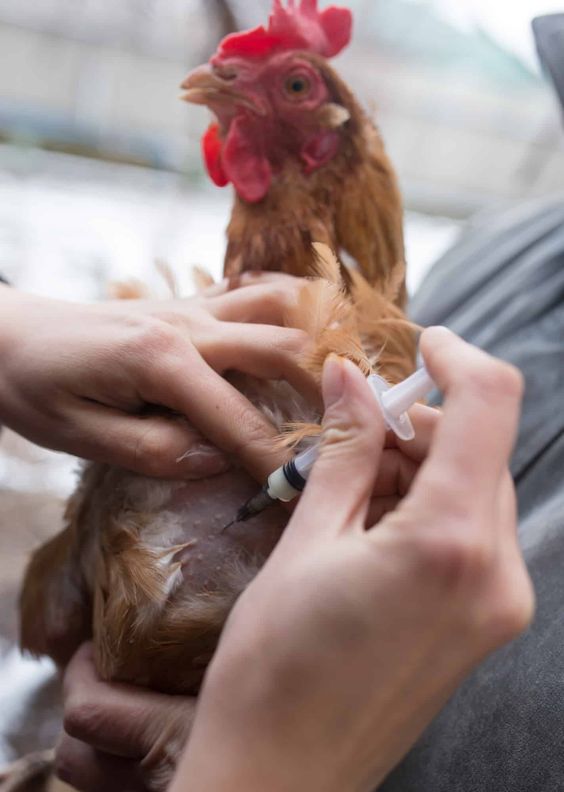
- Parasite Control: Regularly check for mites, lice, and worms.
- Cleanliness: Keep the coop clean to prevent the buildup of harmful bacteria.
- Observation: Watch for signs of illness, such as lethargy, loss of appetite, or abnormal droppings, and seek veterinary advice if needed.
Not to mention, our company can help you to start by giving you all the necessary information you need to get started if not yet in the business. Please check our online shop, we have all the standard business proposals for different capacities at very a cheap price made by the best agricultural specialists as well as Standard design plans that are made by the best agricultural architects around the globe. please visit our online shop now using the links below to witness by yourself
Design plans (FARM HOUSE DESIGNS – Kimd Construction & Farm Consultants)
Business plans (BUSINESS PLANS & PROPOSALS – Kimd Construction & Farm Consultants)
Welcome back from visiting our shop, hope you have placed your order for any of our products or you can place it after navigating more of our informative articles.
So let us continue with the article!
5. Breeding and Raising Chicks
If you plan to expand your flock, consider the following steps:
- Selecting Breeding Stock: Choose healthy, vigorous birds with desirable traits.
- Incubation: Use an incubator or let a broody hen hatch the eggs.
- Brooding: Provide warmth (around 95°F) for newly hatched chicks, reducing the temperature by 5°F each week until they are fully feathered.
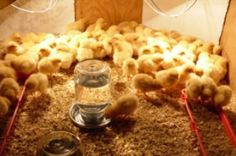
6. Marketing and Selling
If you’re looking to turn your hobby into a business, consider these tips:
- Identify Your Market: Determine whether there’s demand for eggs, meat, or live chickens in your area.
- Build a Brand: Emphasize the benefits of local, free-range, and organic products.
- Networking: Connect with local markets, restaurants, and customers through social media and word-of-mouth.
7. Legal Considerations
Before starting, check local regulations regarding:
- Zoning Laws: Ensure your property is zoned for poultry farming.
- Permits: Obtain necessary permits for selling eggs or meat.
- Animal Welfare: Adhere to guidelines for humane treatment of animals.
Conclusion
Local chicken farming is a fulfilling venture that can provide fresh food and potential income. By understanding the basics of chicken breeds, coop preparation, feeding, health management, breeding, marketing, and legal requirements, you can embark on your journey with confidence. Remember, successful farming requires patience, commitment, and continuous learning.
You can explore more about how to build a standard cattle shed for 10 milking cows

